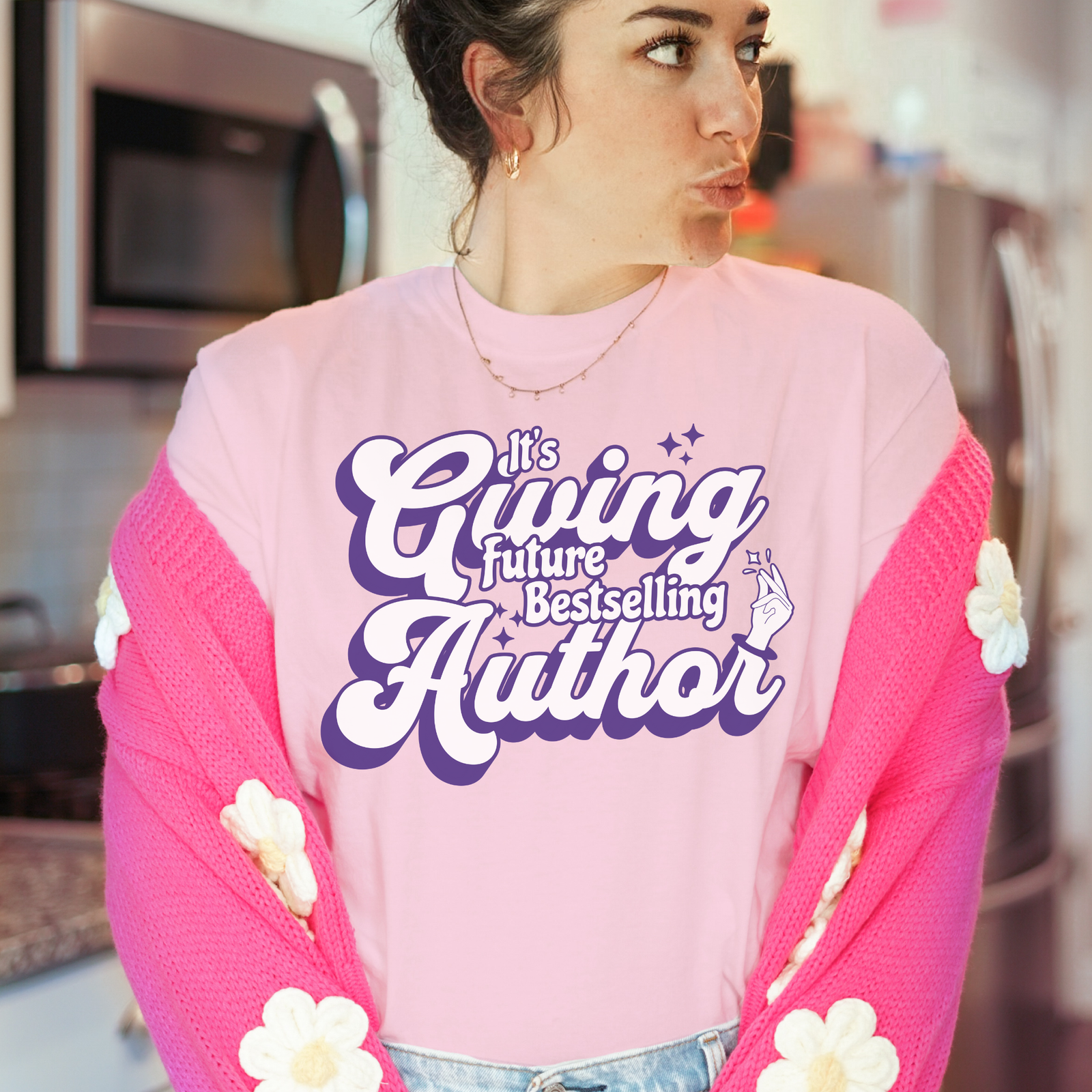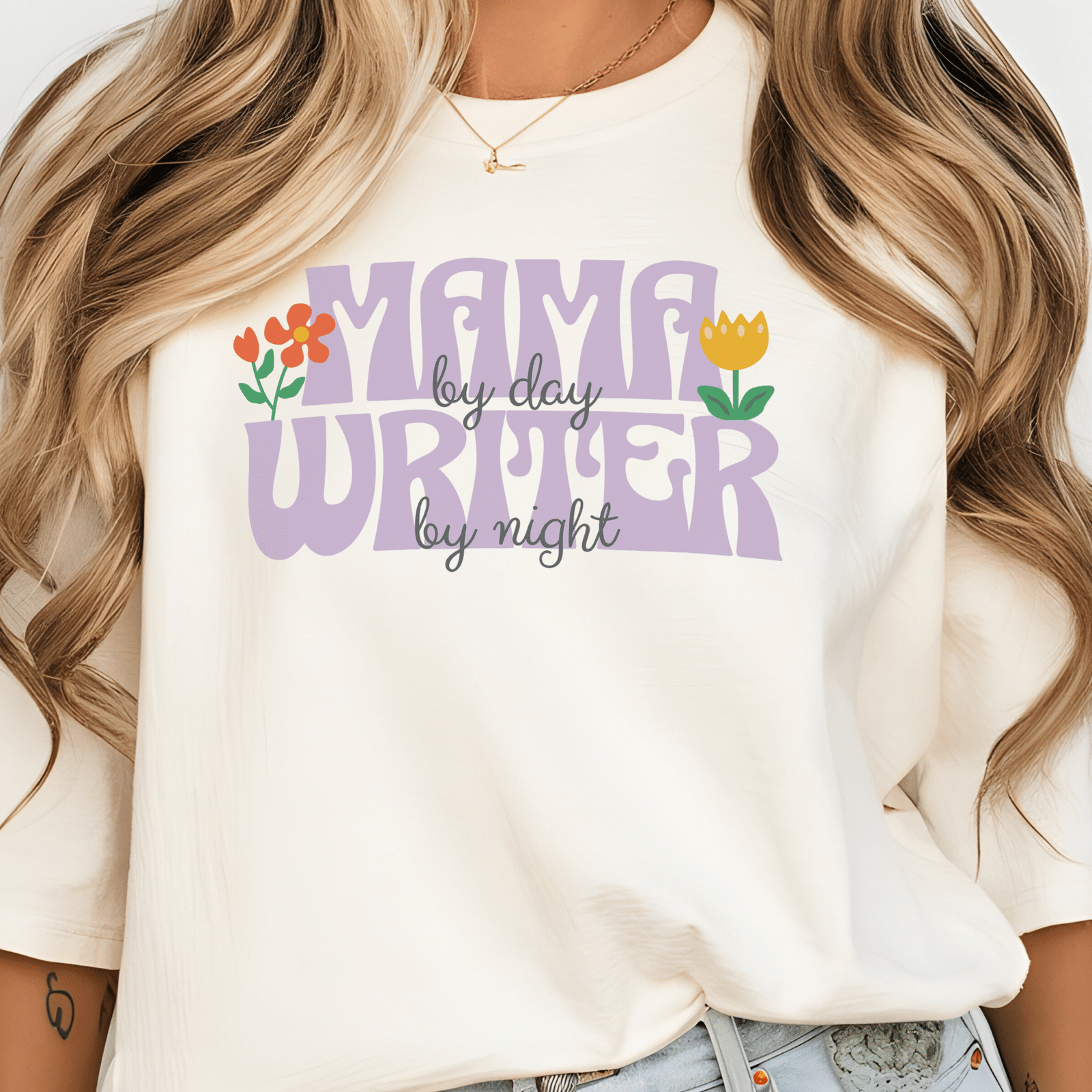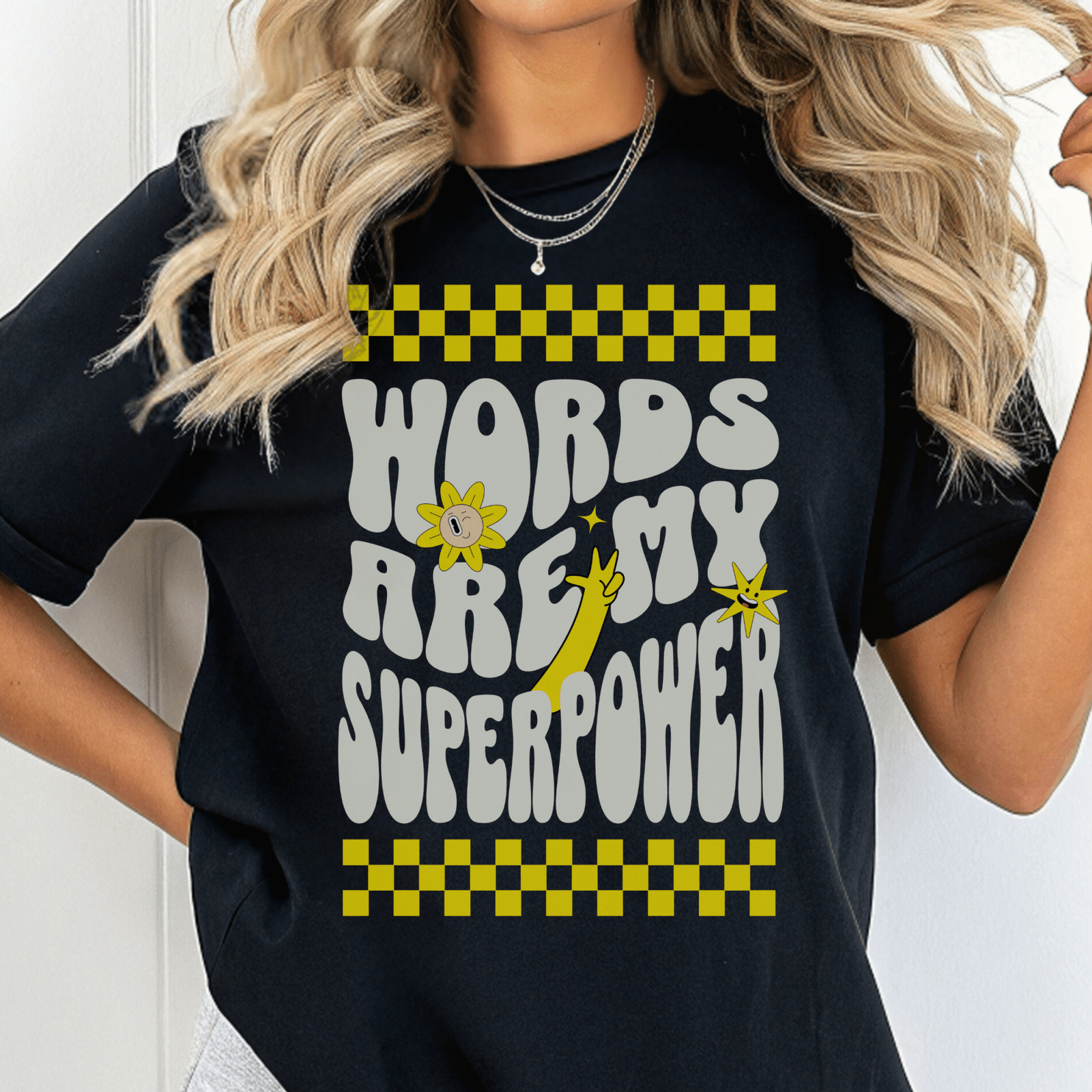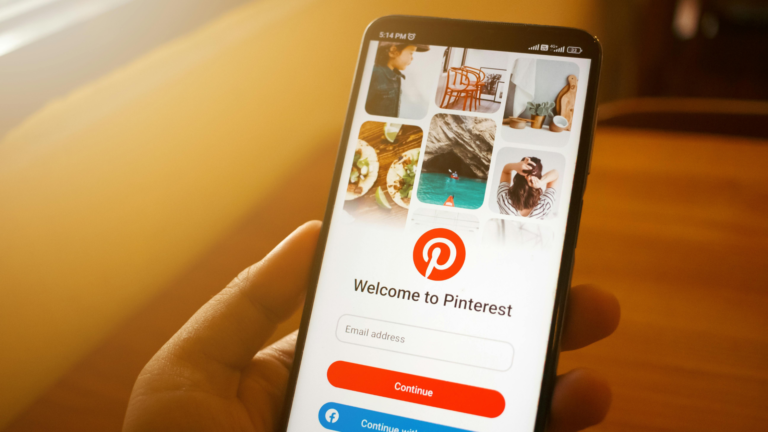A lot of authors overlook Pinterest and stick to familiar platforms like Instagram or Twitter. But Pinterest is actually a valuable tool. Unlike other social media, Pinterest works like a search engine where people actively look for ideas, inspiration, and recommendations. This makes it a necessity for authors who want to connect with potential readers.
Isn’t Pinterest just about posting pretty pictures or saving photos for the next DIY project? Actually, it’s more than that. There is a lot you can do with Pinterest, as an individual and as an author. What makes Pinterest unique is that it is a visual search engine. And it connects your type of content to the people eagerly searching for it. We discuss why Pinterest is a necessary platform for writers in my blog post: Why Writers Need Pinterest.
But for now, I am here to share with you how writers can use Pinterest to market themselves and their work. So if you’ve ever wondered how writers can use Pinterest effectively, be ready to take some notes as I show you some Pinterest tips for authors you would definitely need.
NB: Some links on this page are affiliate links, meaning I may earn a commission at no extra cost to you if you make a purchase. I only recommend tools I personally use and find helpful.
- 1. Pin Content to Promote Your Books
- 2. Drive Traffic to Your Author Blog or Website
- 3. Use Pinterest Ads for Book Promotions
- 4. Grow Your Newsletter with Lead-Generating Pins
- 5. Showcase Reviews and Testimonials
- 6. Create Themed Boards Around Your Books or Genre
- 7. Collaborate with Other Writers or Book Bloggers
- Ready To Use Pinterest?
- Breath and Ink Shop
1. Pin Content to Promote Your Books
If you’re an author looking to reach more readers, Pinterest is a beneficial tool to have for your book marketing. One of the best ways to promote your books is to create eye-catching book pins that showcase your work. These pins are mini billboards for your books, designed to grab attention and inspire readers to take the next step, that is, a book purchase.
There’s no shortage of creative pin ideas to explore. Beyond the classic book cover pin, you can create pins with quotes or excerpts from your book. You can also design list-style pins, like “5 Reasons to Read [Your Book’s Title],” which can grab attention and spark curiosity. You can post pins that link to blog posts or interviews promoting your book. Don’t forget video pins! Short videos featuring a book trailer or a quick author introduction can be a great option.
To make your pins even more effective, you should focus on a design that matches the vibe of your book. For example, a mystery novel might use darker colors and moody imagery, while a romance novel could lean into soft pastels and warm visuals.
Pinterest marketing for writers depends on creating pins that are visually stunning, informative, and easy to act on. To know the best apps to create beautiful Pinterest pins, you can check out my blog post on Top Apps For Pinterest Marketing.
2. Drive Traffic to Your Author Blog or Website
For writers who blog too, you can drive traffic to your blog or website by creating pins that link directly to your blog posts, or resources on your website. This means designing pins that show the value of your blog content. For example, if you’ve written a post on “5 Writing Tips to Beat Self-Doubt,” create a pin with a bold title, an eye-catching background or photo, and a clear call to action like “Read Now” or “Learn More.”
One of the most effective pinterest marketing tips for writers is to add rich descriptions that include targeted keywords relevant to the content. These descriptions not only enhance the visibility of the pins within Pinterest’s search results but also encourage users to click through to the blog or website. When writing these descriptions, it is important for authors to think like their audience. What questions are their readers asking? What problems are they trying to solve? Adding those answers to these queries in the description can make the pins more appealing.
Well-written descriptions help your pins show up in searches and also make them more clickable.
3. Use Pinterest Ads for Book Promotions
Organic reach is great, but sometimes you need to give things a little push. That’s where Pinterest ads come in.
Pinterest is often overlooked when authors are looking for a way to promote their books, particularly through advertising. Unlike other social media platforms such as Instagram, Pinterest users are frequently on the platform with a ‘shopping mindset.’ This behavior means that users are actively looking for new ideas, products, and inspiration, making them ready to check out book-related advertisements. Authors can use this to promote their books and content.
Again, as Pinterest ads are still underused by writers, this is good news for you because it means cheaper clicks and less competition.
Here’s how you can use Pinterest ads:
- Target readers based on genre interests, keywords, or demographics.
- Promote a book launch or limited-time discount.
- Boost a pin that’s already getting decent engagement.
If you’ve ever run Facebook ads, Pinterest feels familiar—but it’s way more evergreen. A promoted pin can continue getting clicks long after your campaign ends.
4. Grow Your Newsletter with Lead-Generating Pins
As an author, it is necessary to have an email list. Email marketing isn’t affected by trends and platform changes as much as social media platforms. It is a reliable way to keep contact with your readers and followers. And Pinterest can help you grow an email list.
To grow an email list, you will need a lead magnet. A lead magnet is a valuable piece of content that compels visitors to provide their email addresses in exchange for something of interest. Lead magnets are usually freebies and can include:
- A short story
- A first-chapter preview of an upcoming book
- A printable for writers or readers
- A reading list or genre guide
Writers can create pins that display the said freebie with a call to action creating a sense of urgency and encouraging users to act quickly. These pins can link directly to a well-designed landing page where users can input their email addresses to receive the promised content. Basically, with lead-generation pins on Pinterest, authors can grow their newsletters significantly.
5. Showcase Reviews and Testimonials
Pinterest for authors means promoting yourself and your brand. Positive reviews and testimonials can significantly boost an author’s brand credibility.
If you’ve got some glowing 5-star reviews for your book, don’t let them collect dust. Turn them into visuals and pin them. This is where Pinterest marketing for writers gets fun. Take a quote from a review, design it into a pretty graphic, and pair it with your book cover or a relevant background. Then link that pin to your book sales page or a blog post about the book.
You can also create a whole board called “Reader Reviews” or “What Readers Are Saying” to group them all together. It builds trust and adds social proof, especially for new readers who are just discovering your work.
Reader-driven promotion is how writers can use Pinterest.
6. Create Themed Boards Around Your Books or Genre
Another of my Pinterest tips for Authors is to create boards that are focused on your genre. Instead of only pinning your own stuff, start curating theme boards that reflect your books, writing style, or genre.
Here are a few board ideas:
- “Dark Fantasy Aesthetic” if you write fantasy
- “Enemies to Lovers Tropes” for romance writers
- “Writing Tips for Aspiring Authors” to mix writing content in
- “Bookish Gifts” if you target bookworms
Pin content that fits those vibes while adding your own pins. It builds a mood, helps with discoverability, and attracts the kind of readers who will actually love your books.
Pinterest actually loves it when you engage with and pin other content, so pinning related content will also boost visibility for your own content. This is one form of Pinterest marketing for writers that takes the focus off self-promoting and involves interacting with other content. Interestingly, it attracts the reward of increased discoverability from Pinterest.
7. Collaborate with Other Writers or Book Bloggers
Collaboration has always been a powerful strategy, for influencers and people who create all kinds of content. Partnering with other writers or book bloggers can give you a lot of exposure. One way to do this is through group boards. Pinterest allows collaborative boards, and these boards allow multiple contributors to share their content in one space, making it easier for followers to discover a variety of authors and genres.
This is one of the most underrated Pinterest marketing tips for writers, and here’s why:
- You get exposure to their audience (and vice versa).
- It boosts your pin reach with less effort.
- It keeps your board active and diverse without you having to do all the work.
Try this:
- Join group boards in your genre. You can find them typing keywords in the search bar and adding the word “group”. Then select “boards” under the filters button or tab.
- You can start a shared board for your genre or niche. e.g. “New Romance Releases” or “Writing Resources.”
- Invite other authors or book bloggers to contribute.
- Set some ground rules and mention them in the group board’s description so the board stays on-theme and spam-free.
Pinterest group boards build community, and it’s an easy way to keep your account active without constantly creating new pins yourself.
Joining Tailwind communities can further promote visibility as an author. Tailwind offers an opportunity for creators to share their pins and engage with other members, leading to increased reach for all involved. Tailwind communities enable users to join groups of your niche or genre so you can share your pins with others and in turn pin other user’s content. It is a form of cross promotion and this collaboration can be used to promote books and blog posts.
Ready To Use Pinterest?
If you’ve been sleeping on Pinterest, now’s the time to change that. Pinterest has all the capabilities to help sell your books, grow your email list, or get more eyes on your work. Most writers aren’t using Pinterest to its full potential, so using Pinterest effectively will give you a huge advantage.
Start small. Create a few pins. Set up your boards. Test an ad or two. And don’t forget that Pinterest is a long term tool. The more you use it, the more traffic and traction you’ll see over time.
You don’t need to be a design pro or marketing expert. You just need to show up, stay consistent, and lean into what makes your author brand stand out. If you need a guide on the tools you can use to make pin creation and Pinterest marketing in general easier, you can check out my blog post on Top Apps For Pinterest Marketing.

















